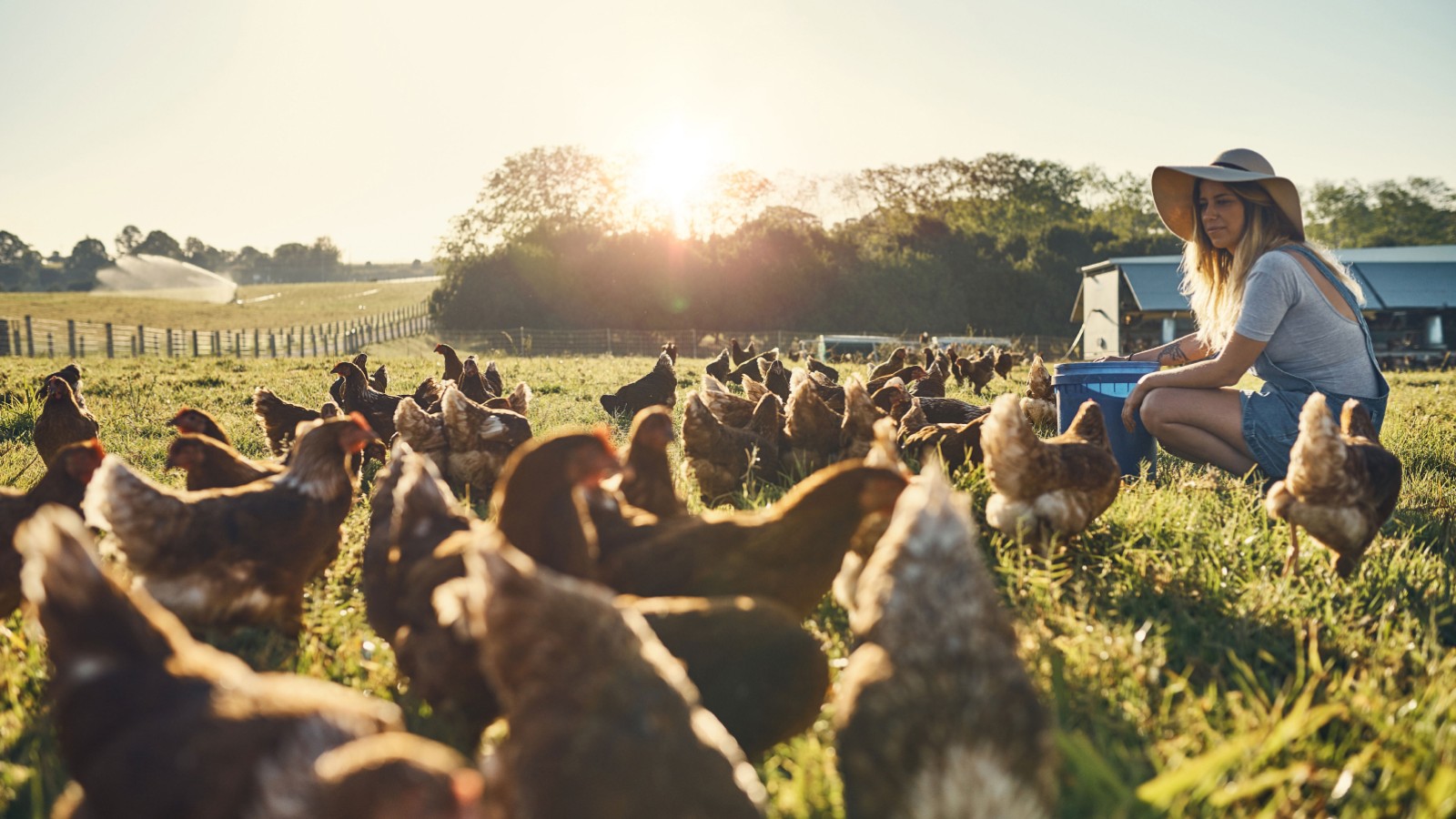
Breeding insects for a healthy and sustainable animal feed.
A circular economy with insects


The Bugsfarm Project
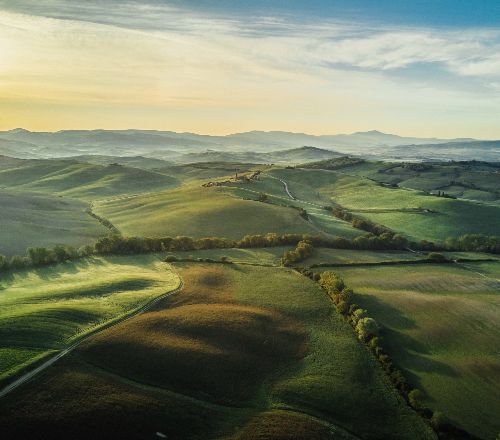
Value for the territory

A new science
Why bugs?
Agrifood companies will be able to prove their focus on sustainability by utilising their residues as part of an innovative supply chain, developed in alliance with leading agricultural entrepreneurs for the creation of new «circular» products.
Join our Network
The practice of using insects in the bioconversion of organic residues generated in agrifood production and distribution chains is strongly supported and regulated by the European Commission.
The environmental value of insect farming is attested by numerous studies.
Go to detailsThe feed industry needs to find solutions to help reduce the environmental impact of livestock farming. The soldier fly is a high-quality alternative ingredient.
Join our NetworkSalvaging nutrients that otherwise would end up as waste is a substantial contribution by the agricultural system to the challenges of the ecological transformation. Opening a Bugsfarm, an insect farm, is our proposal to the best Italian and European farming enterprises.
Go to details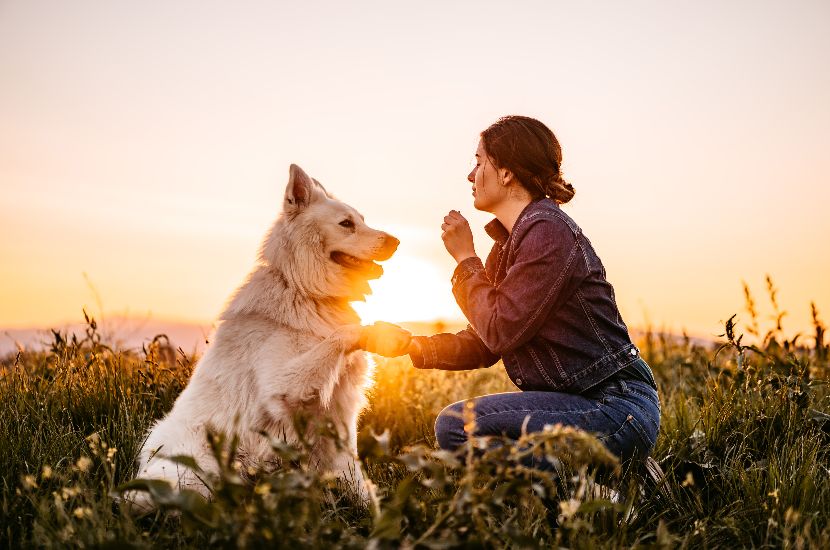
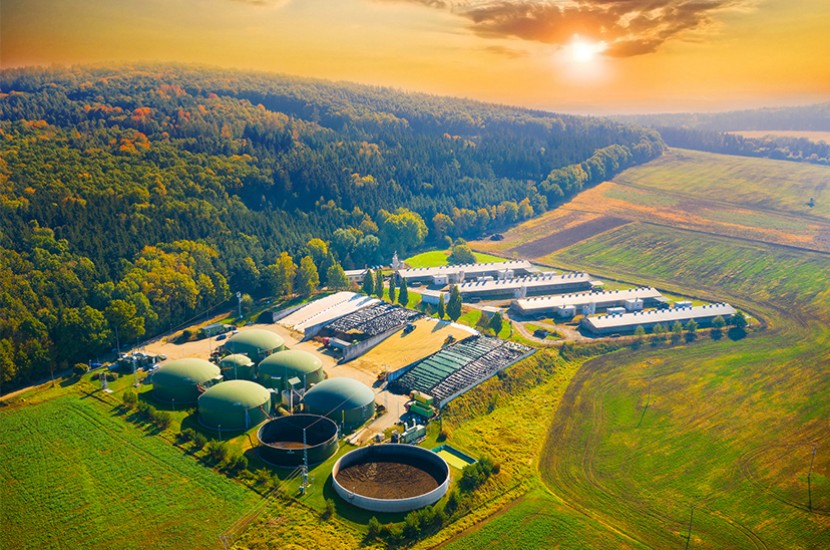

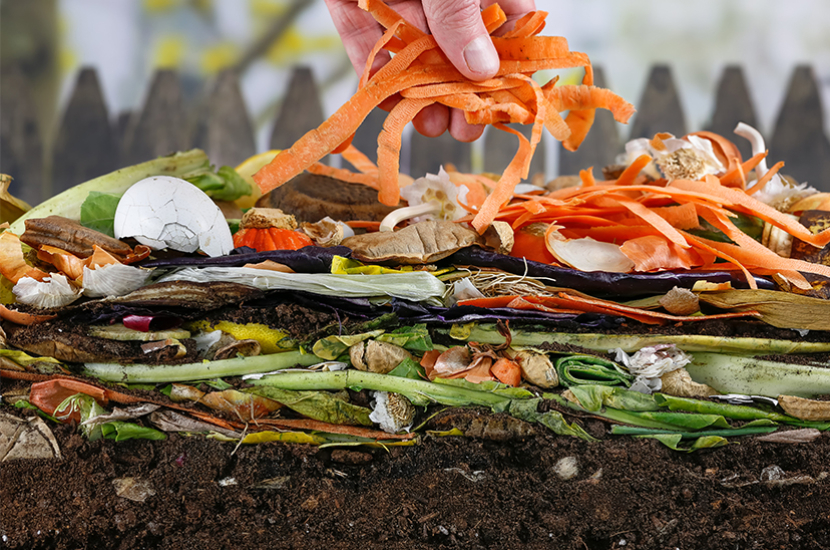
Research studies

Assessment of compositional variability of larvae reared in Bioconverters
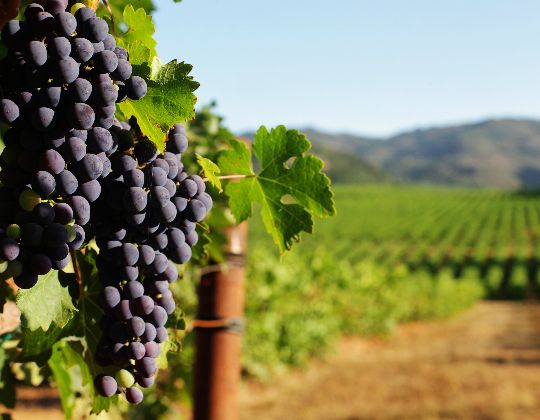
Evaluation of the use of frass as vine fertilizer for wine production
Stories
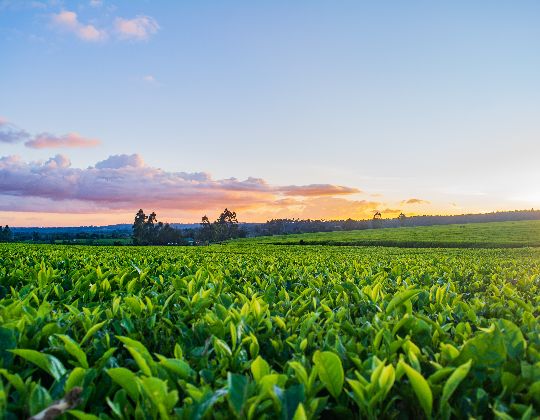
Agriculture according to Nicola Radice Fossati
Newsletter
We have so much for you to learn about.
Sign up for our newsletter








